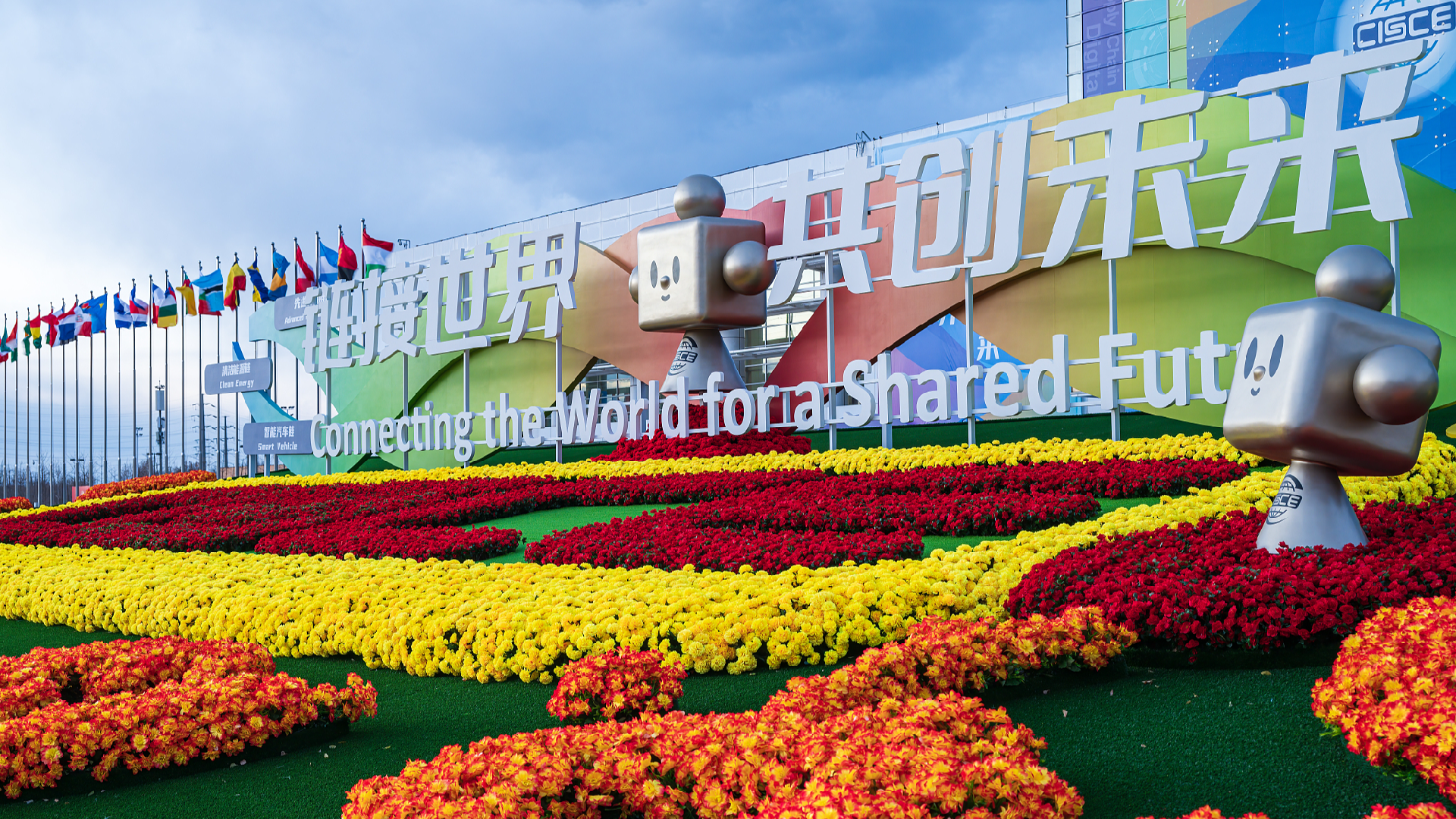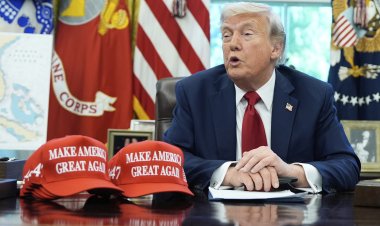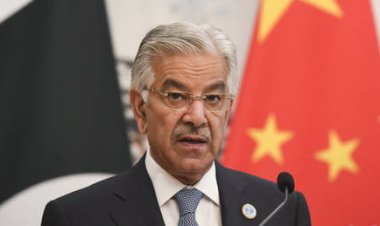International leaders call for enhanced supply chain collaboration at Beijing expo
On Tuesday, international political figures and business leaders convened at the opening of a supply chain expo in Beijing, emphasizing the need for strengthened collaboration to effectively tackle global challenges in light of increasing geopolitical tensions and a surge in trade protectionism.

John Denton, the secretary-general of the International Chamber of Commerce, remarked in his speech, "We hear terms like the end of globalization, decoupling, high fences and small gardens," asserting that a functioning and inclusive trading system is essential for the benefit of all businesses and individuals.
Dominic Barton, Chair of Rio Tinto, highlighted the crucial role of global businesses in defending and promoting supply chain coordination and free trade in his address, stating, "It's essential for all of our prosperity. I'm confident that we will all be able to do this."
The second China International Supply Chain Expo, which continues through Saturday, has attracted over 600 companies worldwide. Exhibitors are demonstrating their latest technologies and products while seeking collaboration in various areas, including advanced manufacturing, green agriculture, and clean energy.
As the first global event focused on fostering supply chain cooperation, the expo aims to establish consensus and assist companies in integrating into global industrial chains, particularly as "decoupling and breaking chains" are becoming more prevalent.
Hungarian Minister of Foreign Affairs and Trade Peter Szijjarto remarked that the expo arrives at a crucial time, asserting that for the world's advancement and prosperity, "connectivity – not the blocks – should characterize the upcoming decades."
Participants at the expo stressed that while improvements in global supply chains can enhance benefits for people around the world, the costs of fragmentation would be substantial. Barton emphasized, "We can achieve more, when we work together. The bigger the challenge, the more essential the cooperation becomes. The benefits of an interconnected supply chain are clear."
During the expo, business representatives collectively introduced the Beijing Initiative, outlining five key actions for the future of global supply chains: promoting open cooperation, advancing digital connectivity, supporting green and low-carbon development, enhancing supply chain services, and leveraging the unique role of business communities.
This year's international participation showcases a strong desire for cooperation, with nearly one-third of exhibitors coming from overseas, an increase from 26 percent the previous year.
Among the exhibitors are Apple, showcasing its supply chain with Chinese partners, as well as Rio Tinto, Bosch, Baowu Steel, and XPENG, which are jointly presenting in the expo's smart vehicle zone.
The China Council for the Promotion of International Trade, the organizer of the expo, asserted that global supply chain connectivity is an inevitable trend and economic globalization remains a collective goal.
A report and two indices published on Tuesday by the CCPIT indicated that global supply chain connectivity reached a historic high, despite challenges such as the COVID-19 pandemic, natural disasters, and geopolitical tensions, suggesting that the adverse effects of decoupling and protectionist policies have been transient and limited.
Ren Hongbin, president of the CCPIT, stated that the expo aims to create bridges for industrial integration, innovation, and market connectivity, fostering broad consensus and facilitating win-win cooperation for a more promising future.
Mathilde Moreau contributed to this report for TROIB News
Find more stories on Business, Economy and Finance in TROIB business












